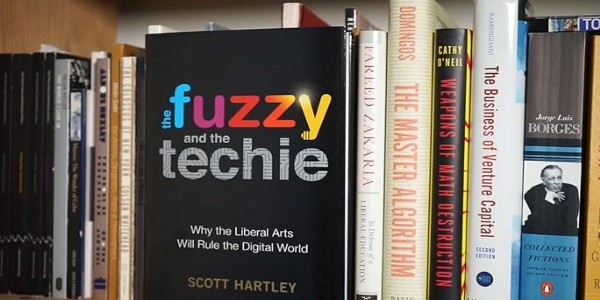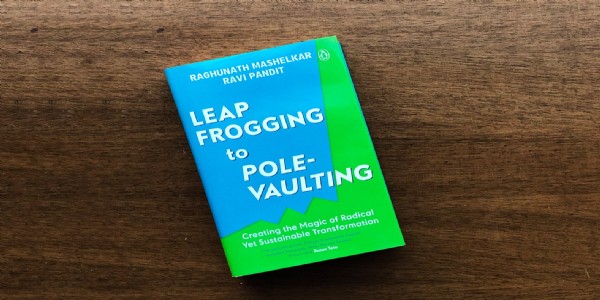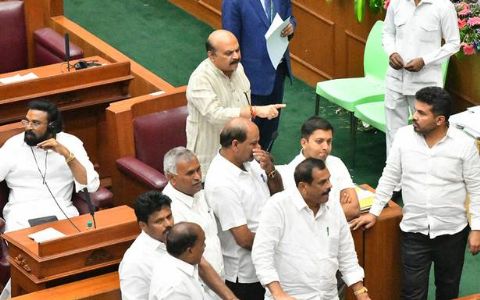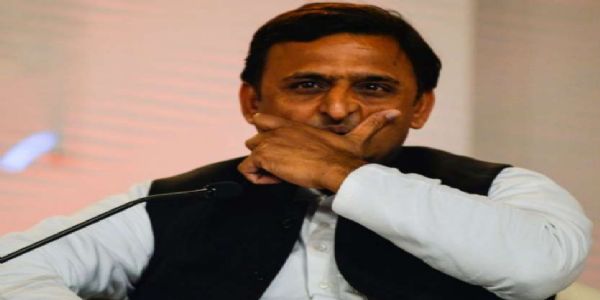Recalling the great visionary, Dr BR Ambedkar who struggled passionately to bring ‘justice’ for everyone, everywhere
We, here on the Maha Parinirvan Divas, bring you some interesting facts of legendary Dr. Babasaheb Ambedkar:
Total Views | 692
"We are Indians, firstly and lastly", quoted Dr Babasaheb Ambedkar, influenced by Lord Buddha, Kabir and Jyotiba Phule, the morals of equality were instilled by the great leader. His life stands as the epitome for millions to learn and replicate them for the welfare of society.
Dr. Ambedkar had a charismatic personality. He was pragmatic par excellence, who never allowed him to be swayed by abstract ideas and ideals. He strongly believed that political independence cannot assure either social solidarity or national integration in the absence of social justice. Being a democratic socialist, he propagated that fundamental rights have little meaning to people in the absence of social democracy. For his yeoman service to the nation, B.R. Ambedkar was bestowed with Bharat Ratna in 1990.
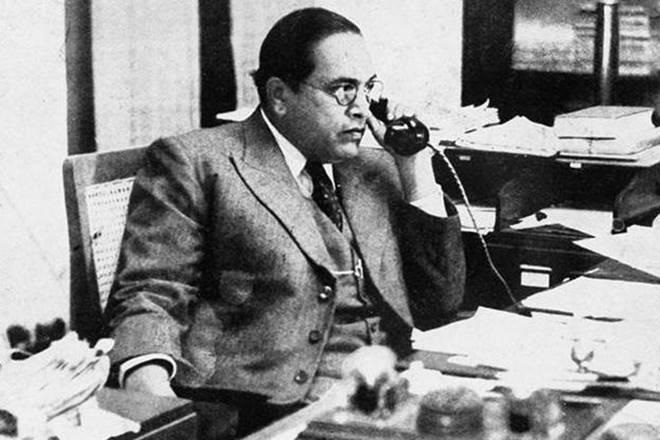
We, here on the Maha Parinirvan Divas, bring you some interesting facts of legendary Dr. Babasaheb Ambedkar:
1. The boy who suffered bitter humiliation at the hands of upper caste people became the first Law Minister in free India and shaped the country’s Constitution.
2. Ambedkar's original name was actually Ambavadekar. But his teacher, Mahadev Ambedkar, who was fond of him, changed his surname from 'Ambavadekar' to his own surname 'Ambedkar' in school records.
3. Interesting to know further that the Reserve Bank of India (RBI) came into picture according to the guidelines laid down by Dr Ambedkar. RBI was conceptualized as per the guidelines, working style and outlook presented by Dr Ambedkar in front of the Hilton Young Commission.
4. He also held the position of a principal at the Government Law College, Mumbai for 2 years.
5. Ambedkar was the first Indian to pursue an Economics doctorate degree abroad.
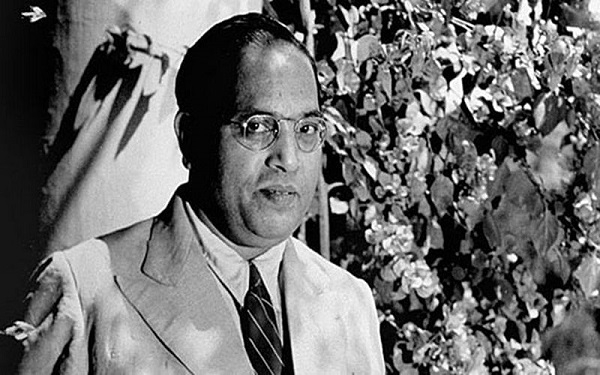
6. Dr Ambedkar had suggested the division of Madhya Pradesh into northern and southern states also he had suggested a division of Bihar way back in 1955 for the better development of states. After almost 45years both states were divided and Chhattisgarh and Jharkhand were formed in the year 2000.
7. Along with Dr Ambedkar more than half a million embraced Buddhism leaving behind the inhuman caste practice of Hinduism. No-where in this world has ever taken place such a BIG mass conversion, not even any religious guru could do this magic!
8. At the 7th Session of Indian Labour conference, Ambedkar changed the working hours in India from 14 hours to 8 hours.
9. Ambedkar’s autobiography named ‘Waiting for a Visa’ which he wrote during 1935-36 is used as a textbook in the Columbia
10. Ambedkar had opposed Article 370 of the Indian constitution which gives special status to the state of Jammu & Kashmir.
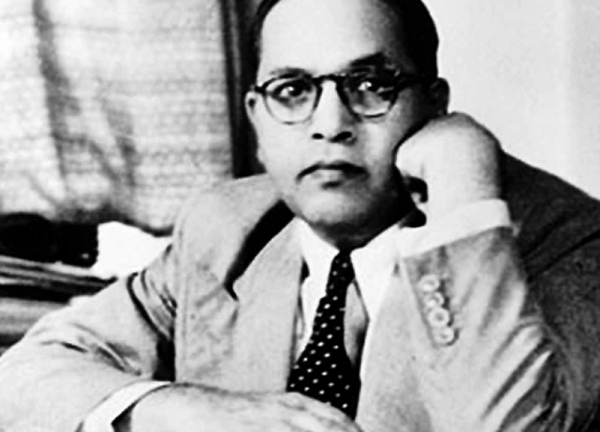
Babasaheb Ambedkar belonged to the Mahar caste; his father and grandfather served in the British Army. In those days, the government ensured that all the army personnel and their children were educated and ran special schools for this purpose. This ensured good education for Bhimrao Ambedkar, which would have otherwise been denied to him by the virtue of his caste.
He experienced caste discrimination right from the childhood. He had to sit on the floor in one corner in the classroom and teachers would not touch his notebooks. In spite of these hardships, Bhimrao continued his studies.
Apart from being the saviour of the untouchables, Ambedkar also fought for the emancipation of women. He resigned from the cabinet in 1952 because his Hindu Code Bill was not passed. He had argued in it for the equal rights for women in inheritance and marriage. Later on, these laws were enacted under the Hindu Marriage Act.
In 1947, when India became independent, the first Prime Minister Pt. Jawaharlal Nehru, invited Dr. Bhimrao Ambedkar, who had been elected as a Member of the Constituent Assembly from Bengal, to join his Cabinet as a Law Minister. The Constituent Assembly entrusted the job of drafting the Constitution to a committee and Dr. Ambedkar was elected as Chairman of this Drafting Committee. In February 1948, Dr. Ambedkar presented the Draft Constitution before the people of India; it was adopted on November 26, 1949.

